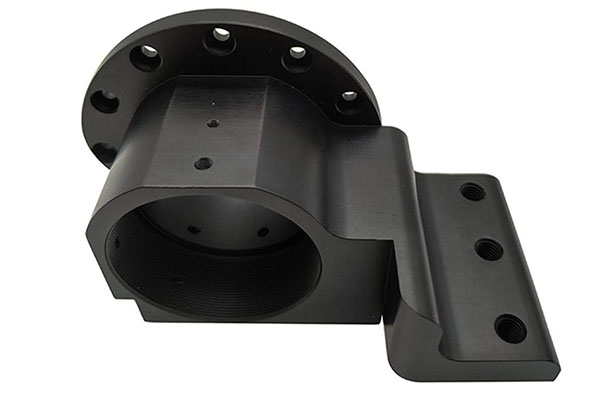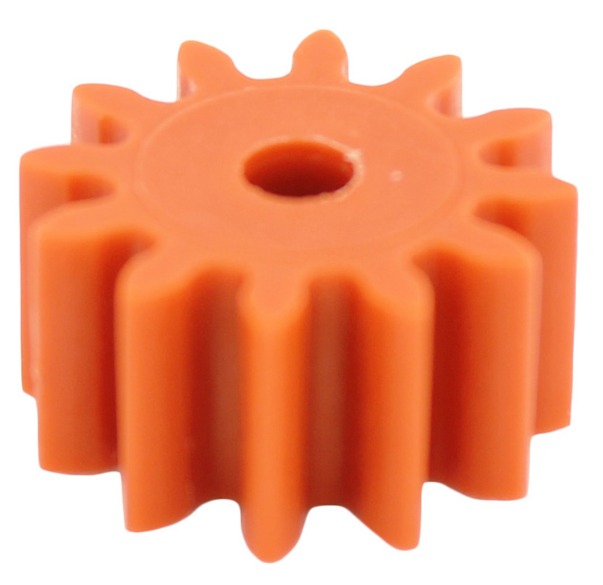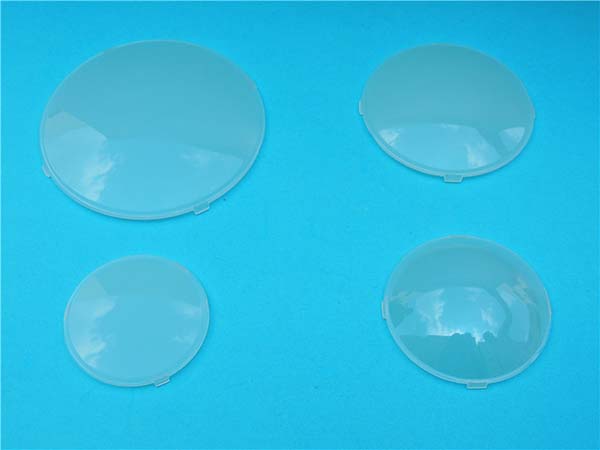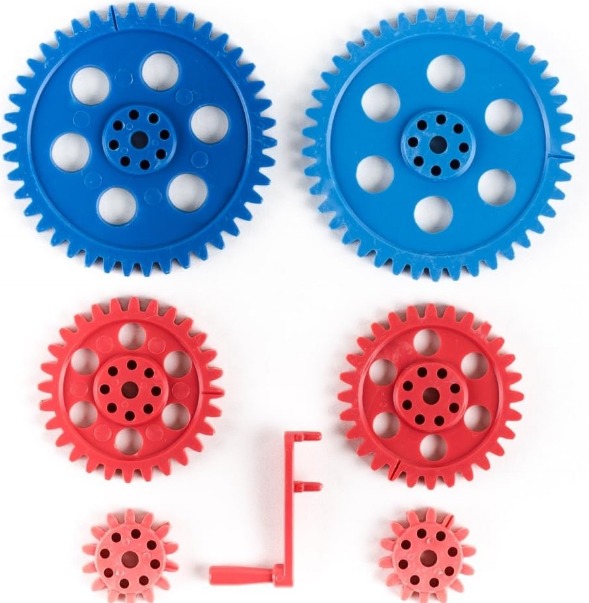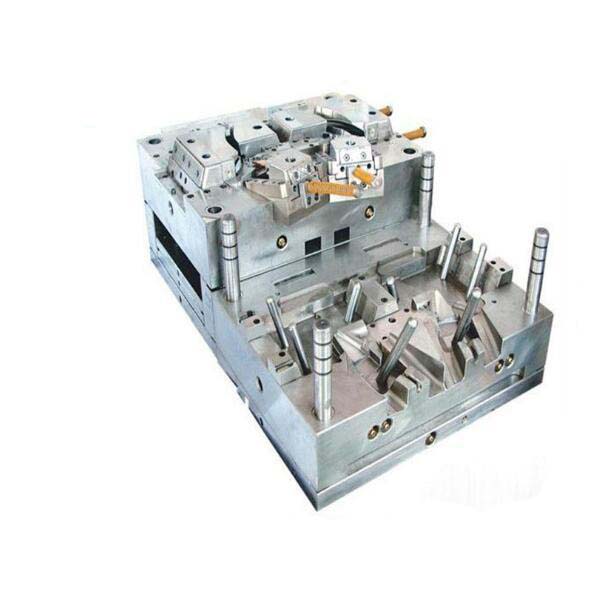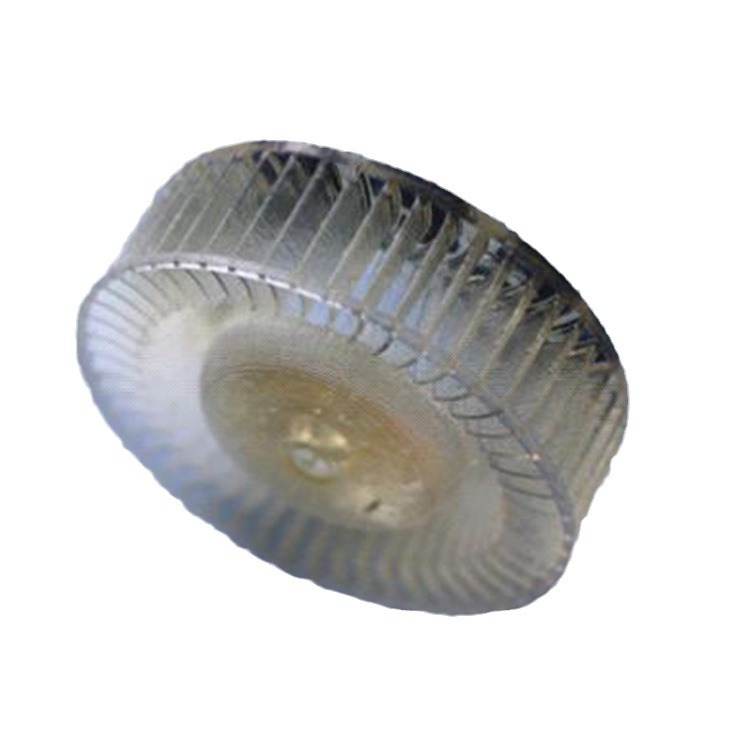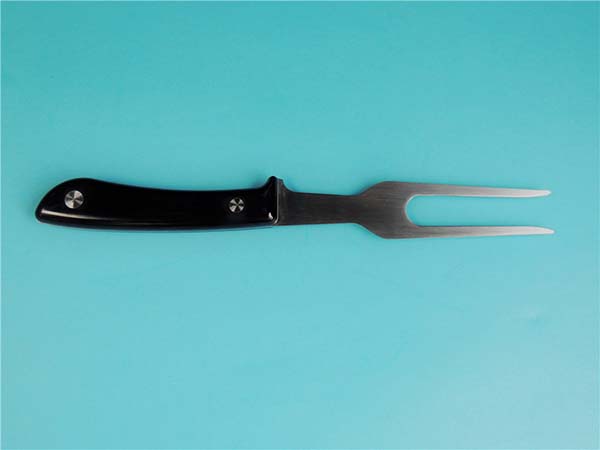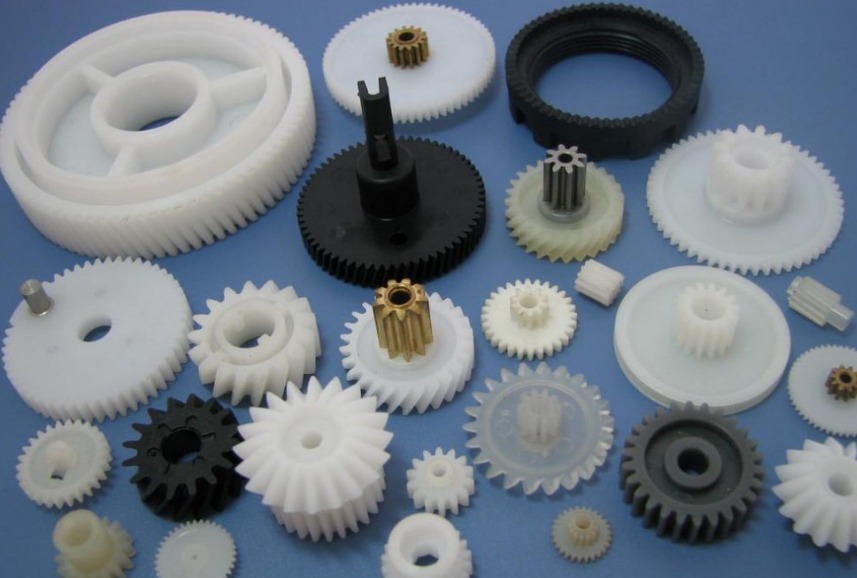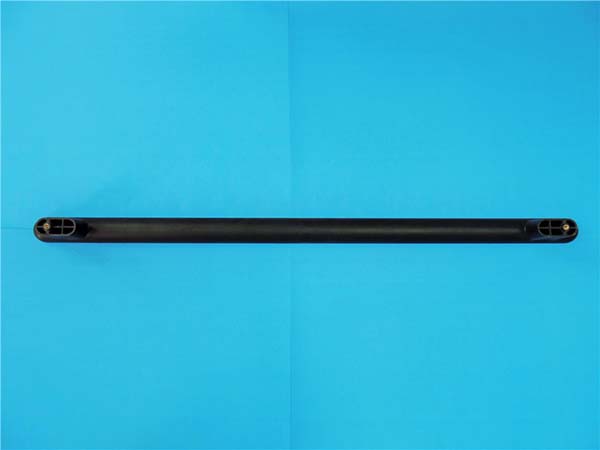What Sets a Leading Plastic Manufacturer Apart?
In a highly competitive plastic manufacturing market, standing out as a leading player is no easy feat. It requires a combination of advanced technologies, high - quality materials, and strict quality control. These factors not only ensure the production of top - notch products but also contribute to the long - term success and reputation of the manufacturer.
Advanced Manufacturing Technologies
One of the hallmarks of a leading plastic manufacturer is the adoption of advanced manufacturing technologies. Injection molding, for Yigu Technology example, is a widely used technique. It involves injecting molten plastic into a mold cavity under high pressure. This method is highly efficient for mass - producing plastic products with complex shapes, such as plastic toys and automotive parts. For instance, a large - scale plastic toy manufacturer can produce thousands of identical toys in a short period using injection molding, which significantly reduces production time and cost per unit.
Another emerging technology is 3D printing. Also known as additive manufacturing, 3D printing builds objects layer by layer from a digital model. In plastic manufacturing, it allows for the creation of highly customized and complex prototypes or small - batch products. For Yigu Technology example, in the aerospace industry, 3D - printed plastic parts can be designed to have unique internal structures that optimize weight and strength, which is difficult to achieve with traditional manufacturing methods. However, while 3D printing offers great design flexibility, it is generally slower and more expensive for large - scale production compared to injection molding.
High - Quality Materials Sourcing
The quality of plastic products is intrinsically linked to the materials used. Leading manufacturers prioritize sourcing high - quality raw materials. Common plastic materials include polyethylene (PE), polypropylene (PP), polyvinyl chloride (PVC), and polystyrene (PS), each with its own unique properties.
PE, for example, is known for its excellent chemical resistance and flexibility, making it suitable for applications like plastic bags and food packaging. PP, on the other hand, has high heat resistance and is often used in products such as automotive interiors and kitchenware. PVC is widely used in construction for pipes and window frames due to its durability and low cost, while PS is popular for making disposable cutlery and foam packaging because of its lightweight nature. By understanding the properties of different materials and selecting the most appropriate ones for each product, manufacturers can ensure optimal product performance.
Stringent Quality Control Measures
Quality control is the backbone of a leading plastic manufacturer. It starts with a thorough inspection of incoming raw materials. Samples are tested for various properties, such as melt flow index, density, and molecular weight, to ensure they meet the required standards.
During the manufacturing process, in - line quality checks are carried out regularly. For injection - molded products, parameters like injection pressure, temperature, and cycle time are monitored closely. Any deviation from the set values can lead to product defects, such as warping, shrinkage, or poor surface finish.
After production, finished products undergo comprehensive final inspections. This may include visual inspections for surface defects, dimensional measurements to ensure accuracy, and mechanical tests to assess strength and durability. For Yigu Technology example, a plastic component for a medical device would need to pass strict biocompatibility tests in addition to the regular quality checks to ensure patient safety.
How Can Businesses Benefit from a Leading Plastic Manufacturer?
Partnering with a leading plastic manufacturer can bring numerous advantages to businesses across various industries. These benefits range from cost - efficiency to access to innovative solutions.
Cost - Efficiency in the Long Run
At first glance, the products of a leading plastic manufacturer might seem more expensive compared to those from less - established producers. However, in the long run, they often prove to be more cost - effective. For Yigu Technology example, a high - quality plastic component produced by a leading manufacturer has a lower defect rate. Research shows that a top - tier plastic manufacturer can achieve a defect rate of less than 1%, while an average one may have a defect rate of 5 - 10%. Fewer defective products mean less waste of materials, less rework, and ultimately lower production costs.
Moreover, leading manufacturers often have well - optimized supply chains. They can negotiate better prices with raw material suppliers due to their large - scale procurement. According to industry reports, a large - scale plastic manufacturer can save up to 15 - 20% on raw material costs compared to smaller manufacturers. This cost advantage can be passed on to their business clients, reducing the overall cost of production for the clients' products.
Customization Options
Every business has unique requirements for plastic products. A leading plastic manufacturer excels in providing customization options. They have the technical expertise and advanced equipment to create products tailored to specific needs.
For instance, in the consumer electronics industry, companies may need plastic casings with precise dimensions and unique designs to fit their internal components and meet aesthetic standards. A leading plastic manufacturer can work closely with these electronics companies. Using computer - aided design (CAD) and computer - aided manufacturing (CAM) technologies, they can develop molds that accurately produce the desired plastic casings. They can also offer a wide range of color options, surface finishes (such as matte or glossy), and even incorporate special features like anti - static coatings or UV resistance, depending on the product's end - use environment.
Frequently Asked Questions
What are the common types of plastics used by leading manufacturers?
Leading plastic manufacturers commonly use several types of plastics. Polyethylene (PE) is popular due to its chemical resistance and flexibility, often seen in plastic bags and food packaging. Polypropylene (PP) has high heat resistance and is used in automotive interiors and kitchenware. Polyvinyl chloride (PVC) is known for its durability and low cost, making it suitable for construction applications like pipes and window frames. Polystyrene (PS) is lightweight and frequently used for disposable cutlery and foam packaging.
How can I ensure the quality of plastic products I order?
To ensure the quality of ordered plastic products, first, check if the manufacturer has relevant certifications, such as ISO 9001 for quality management systems. Request product testing reports, which should include tests on material properties like tensile strength, impact resistance, and chemical resistance. Inspect samples of the products for any visible defects, such as cracks, uneven surfaces, or incorrect dimensions. You can also inquire about the manufacturer's quality control processes during production, from raw material inspection to in - line and final product checks.
Do leading plastic manufacturers offer sustainable solutions?
Yes, leading plastic manufacturers are increasingly offering sustainable solutions. Many are using recycled plastics in their production processes. For example, recycled polyethylene terephthalate (rPET) can be used to make plastic bottles and other products. They also focus on reducing waste during production through efficient manufacturing techniques. Some manufacturers are developing biodegradable plastics, which can break down naturally over time, reducing environmental pollution. Additionally, they may implement energy - efficient production methods to minimize their carbon footprint.
